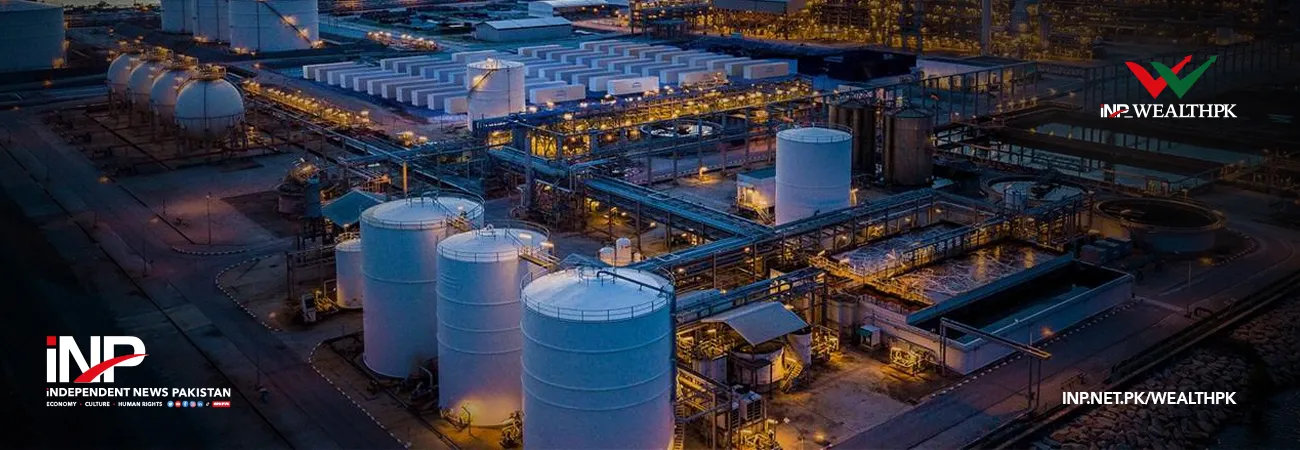INP-WealthPk
Ayesha Saba
Pakistan’s persistent balance of payments crisis has been impeding the country’s sustainable economic growth. The country could address this chronic issue by developing and expanding the export-oriented industries.
Khalid Mehmood, a research economist at the Pakistan Institute of Development Economics (PIDE), told WealthPK that an economy's growth and development are strongly influenced by the level of its exports. “Unfortunately, Pakistan’s attempts to boost industrial output have not been that fruitful as the industry continues to face problems of low productivity, diversity and competitiveness.”
“We have failed to achieve the desired level of industrialisation due to a variety of factors like low competitiveness, poor infrastructure, lack of product innovation, and ineffective marketing of Pakistani products internationally. Additionally, exports are hindered by the government's irrational policies and complex incentives offered to the industry,” he maintained.
Khalid Mehmood said Pakistan lagged behind other South Asian countries in terms of industry’s innovation and development. Over the last decade and a half, he said Pakistan had lost its share of world exports to a great extent, whilst Bangladesh’s share had almost doubled and Vietnam’s grew seven-fold in the same time period.
“Pakistan continues to be plagued by high unemployment and a low export base as the country continues to focus on intermediate and low-value-added finished products,” he pointed out.
The PIDE economist said Pakistan exported a large proportion of textile products that were at the lower end of value-addition, adding industry lacked the skills to graduate to the next level.
He stressed that Pakistan should collaborate with the Chinese textile industry as the latter dominated the world market. He added that as Chinese entrepreneurs were moving their labour-intensive apparel production to Pakistan due to high labour costs in their own country, the latter had great opportunity to take advantage of this initiative.
He said the industrialised countries had focused on development of the engineering aspect to create jobs and value-addition, which had gone a long way in expanding their export base. Pakistan’s industrial policy should place special emphasis on development of engineering as the country has to import machinery, auto parts, iron and steel.
He said that Pakistan also needed to focus on enabling its pharmaceutical industry to compete globally. “The pharmaceutical industry is hampered by a strict regulatory environment that results in low investments in the sector. In order to open up the industry and increase exports, the industry will need a more realistic pricing policy and tighter quality control. Multinationals should be encouraged to use Pakistan as a base for medicines manufacturing for exports.”
Khalid Mehmood suggested that while devising industrial policy, policymakers should focus on the industry, which had comparative advantage over their peers in the world market.
He underscored that if Pakistan wanted to curtain the growing trade deficit and recurring external account crisis, it had to conduct fundamental reforms to restructure the economy for the better.
Credit : Independent News Pakistan-WealthPk













